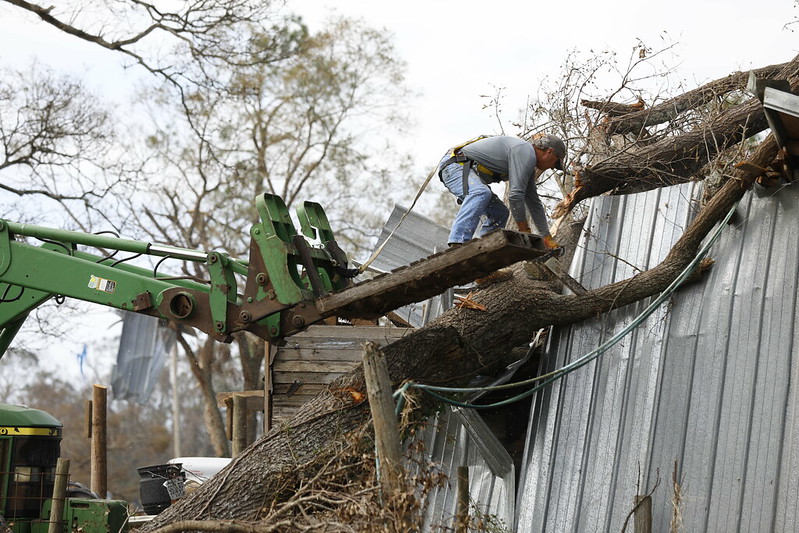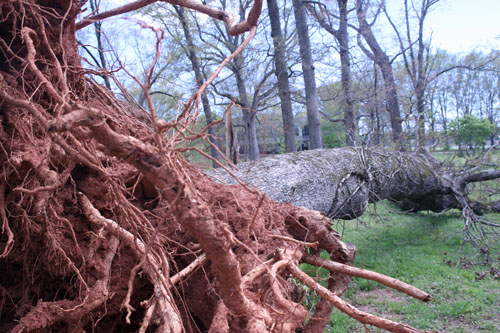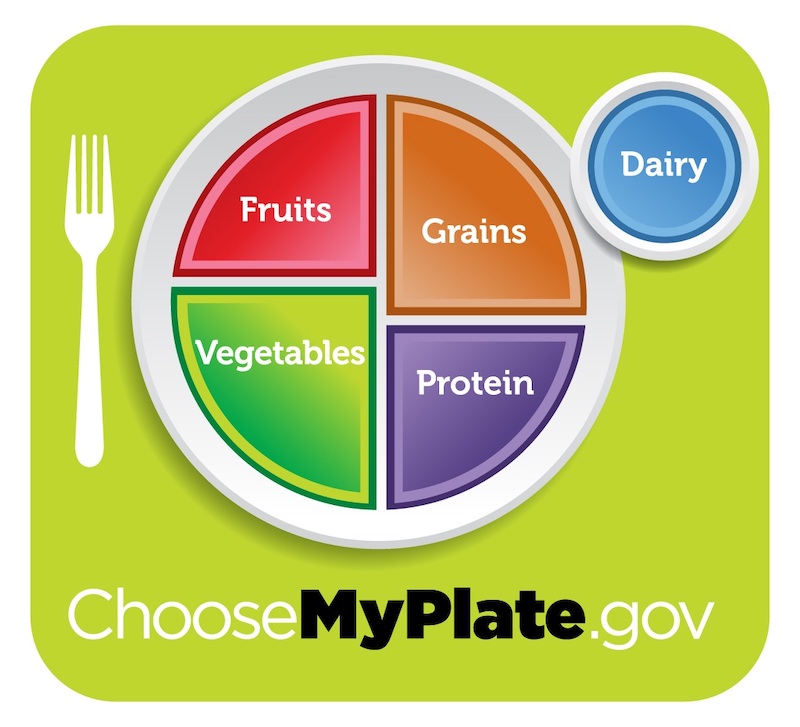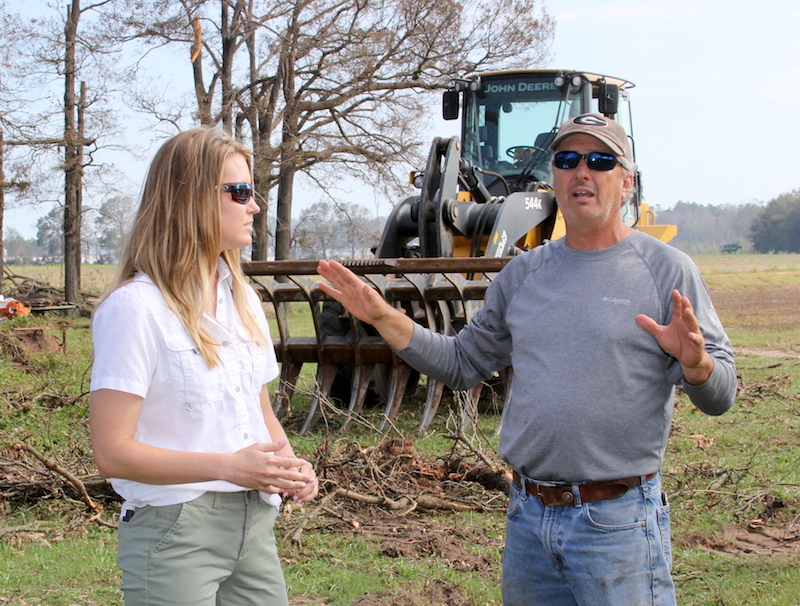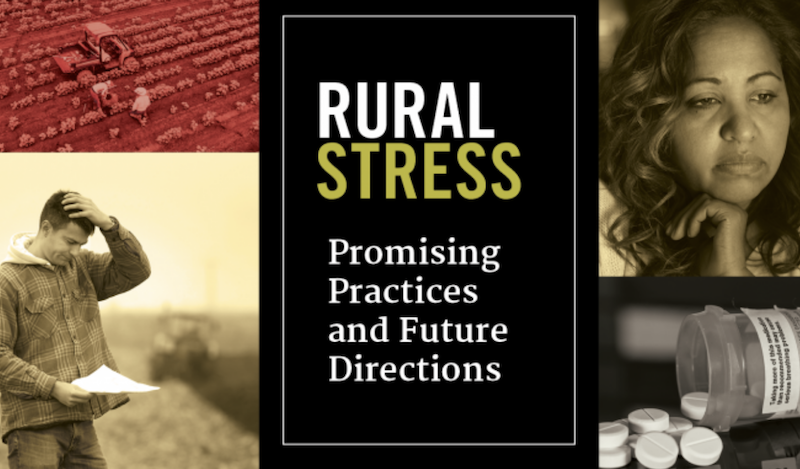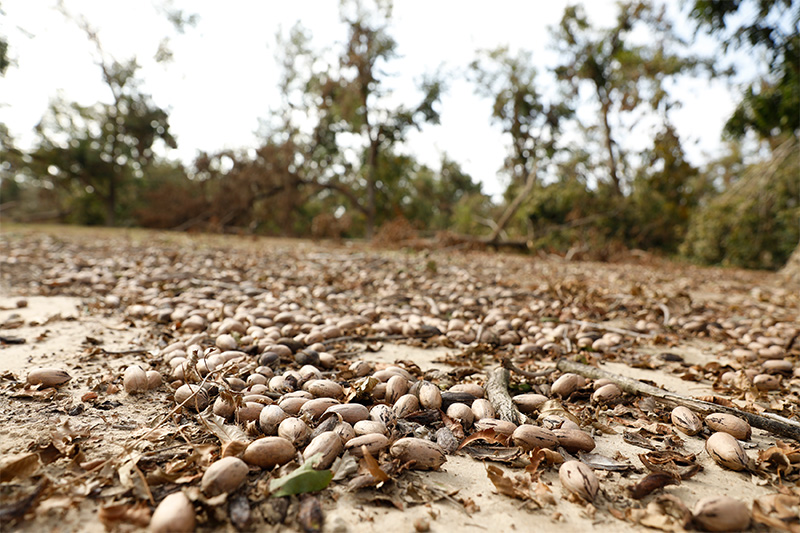.jpg) CAES News
CAES News
UGA Weather Network
On June 1, 1991, the first agricultural weather station operated by the University of Georgia began transmitting data from Griffin, Georgia. Since then, the UGA Weather Network has grown to include 87 stations scattered across the state, providing weather data to a variety of users. On June 1 this year, this 30-year record of continuous weather data makes the UGA Weather Network one of the oldest state weather networks in the country.

